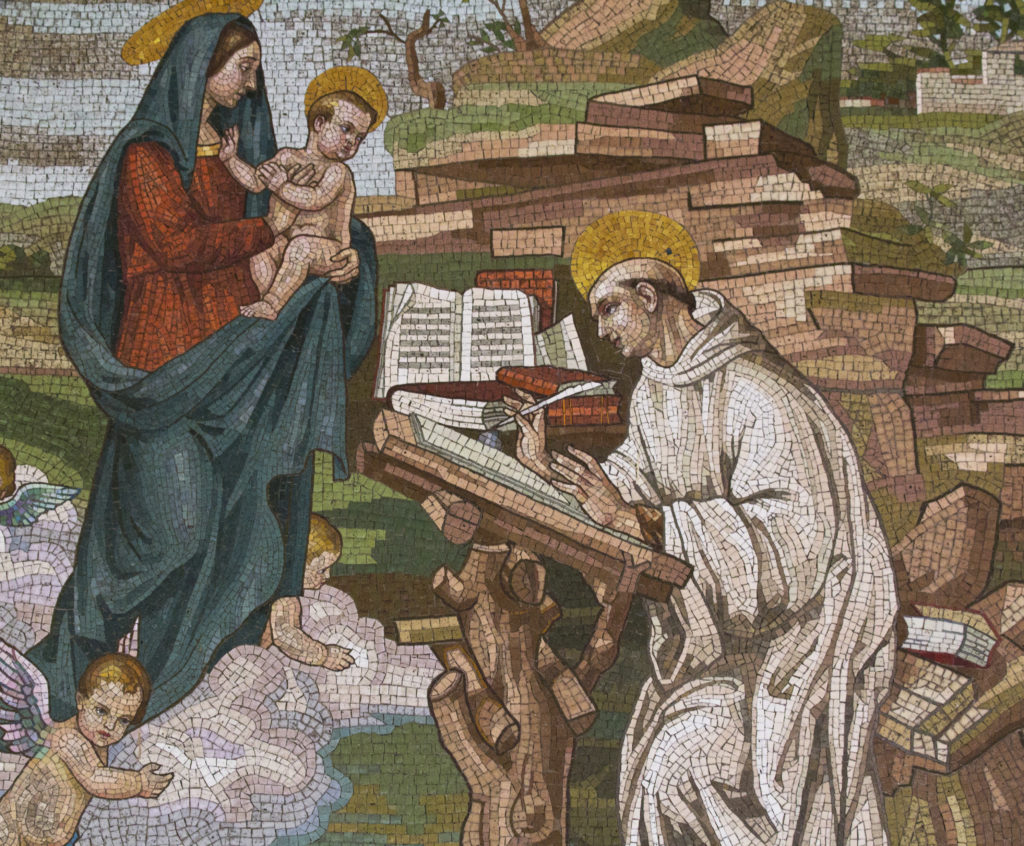
Published January 16, 2022
At some point the CDC should study the link between news consumption and the kind of rage-virus so common today and imagined so vividly in the feature film 28 Days Later. The similarities are striking.
A feeling of helpless distress is one of the first symptoms. This matures rapidly into depression, then anger, then irrational outbursts. The rage-virus affects different population subgroups in different ways. For quite a few Catholics, Rome seems to be Ground Zero for a form of highly infectious data-incoherence that triggers the worst response.
The rage-virus, in its religious variant, is especially devious because it attaches itself to the receptors (i.e., the meanings) of familiar words, ideas, and doctrines, transforming them from within and deleting important memory cells. The victim eventually finds himself or herself believing things entirely different from what he or she remembers – assuming any residual memory persists.
Happy to say, a therapeutic does exist. It’s pleasing, healing, and only mildly addictive. It’s available over the counter, or at least from Amazon. And it works. I know because I use it myself. It comes in a variety of reliable time-related brands, but the generic version is the psychostimulant for memory loss and cognitive decline typically marketed as “history.”
Here’s a sample: Remember Bernard of Clairvaux – the 12th-century saint who reformed medieval monasticism? He wrote brilliantly and voluminously. He preached the Second Crusade. He helped heal a bitter Church schism. He sharply criticized popes for believing and rewarding their flatterers. And he did it all in a time of fierce political rivalries and social unrest. Bernard’s work is profoundly reassuring in its Gospel confidence and well worth reading. His essay “In Praise of the New Knighthood,” on the moral reform of knighthood and the founding of the Knights Templar, is extraordinary.
And yet Bernard belongs to an era that secular scholars too often deride as dark and dour. This is counterfactual nonsense. The Middle Ages were hard, and life then was short by the standards of today But they were also immensely rich in learning and culture.
The proof exists in recordings like A Medieval Christmas by the Boston Camerata. As Joel Cohen, then the director of the Camerata, stressed in his 1991 notes, the 12th and 13th centuries were “as colorful and complex as man himself.” And they “encouraged a tremendous outburst of religious art, poetry, and music.” The voices that sing the 12th century “Ave Maria” on the Camerata disc abolish time and space; they cross nine centuries of human striving and turmoil with piercing beauty, purity, clarity, and faith – the same Catholic faith, in all its essentials, we share today.
History offers us another good dose of medicine in the work of Hubert Jedin. One of the greatest Catholic historians of the last century, Jedin was born and raised in Germany, and later ordained a priest. The Third Reich classified him as Jewish, despite his baptism and priesthood, because his mother was a Catholic convert of Jewish ancestry. As a result, he was arrested by the Gestapo but subsequently released. He left Germany and survived World War II in Rome under the protection of Pope Pius XII.
Jedin wrote and edited hundreds of texts. He specialized in the history of ecumenical councils and himself served as a peritus at Vatican II. But his masterwork was his meticulous and massive history (2,400 pages in four volumes) of the Council of Trent. His Volume I: The Struggle for the Council has particular value for our discussion here. Its 581 pages are a diary of Church institutional life from the mid-14th century to the early 16th.
The record is not inspiring. It was an age, wrote Jedin, “when miserly yet defiant selfishness dominated the thought of both society at large and of individual nations.” A time of popes obsessed with “purely political considerations” and “excessive personal arbitrariness.” A time that translated into a long, slow-motion car crash of schism, internal struggles for power between papalists and conciliarists, missed opportunities, scheming monarchs, ignored warnings, bungled reforms, and incompetent, short-sighted, and dissolute popes.
The result was predictable: the breakup of Christian unity in the Reformation. “A confusion of ideas,” wrote Jedin in 1949, “such as Catholics of today are barely able to imagine, made it possible for a generation reared in the Catholic faith to die out and for another to grow up fashioned by the teaching, the worship, and the propaganda of Protestantism.”
“A confusion of ideas, such as Catholics of today are barely able to imagine.” Alas, not so. In the decades since Jedin wrote those words, climate change for the world and its people has involved far more than the weather. History never repeats itself, but patterns of human conflict, pride, and amnesia repeat themselves all the time.
The differences that separate our age from the 12th and 16th centuries run deep. For most of the past 140 years, the Chair of Peter has been occupied by many good, and a few outstanding, men. But similarities are not entirely lacking. Today’s distressing turmoil in the world and discord in the Church are hardly new. They’re part of humanity’s fallen nature and – unavoidably – our normal pastoral terrain.
Which brings us back to the rage-virus du jour and its remedies. Anger, even toward otherwise legitimate authority, is not always wrong. It can be the proper response to confusion, incompetence, or arbitrary vindictiveness on the part of leaders, including the religious variety. But it’s also a toxin that poisons the person who indulges in it too often and too easily.
The discipline of memory, the reverence for history – these things lead us to hope because, though our problems in the Church may be new in form, they’re familiar a hundred times over in substance. And somehow, through the grace of a loving God, the work of the Church and the faith continue . . . of which, we must be the agents.
Because if not us, then who?
Francis X. Maier is a senior fellow in Catholic studies at the Ethics and Public Policy Center and the 2020-22 senior research associate at the Notre Dame Center for Citizenship and Constitutional Government.
Image: Flickr/Lawrence OP
Francis X. Maier is a Senior Fellow in the Catholic Studies Program at the Ethics and Public Policy Center. Mr. Maier’s work focuses on the intersection of Christian faith, culture, and public life, with special attention to lay formation and action.











